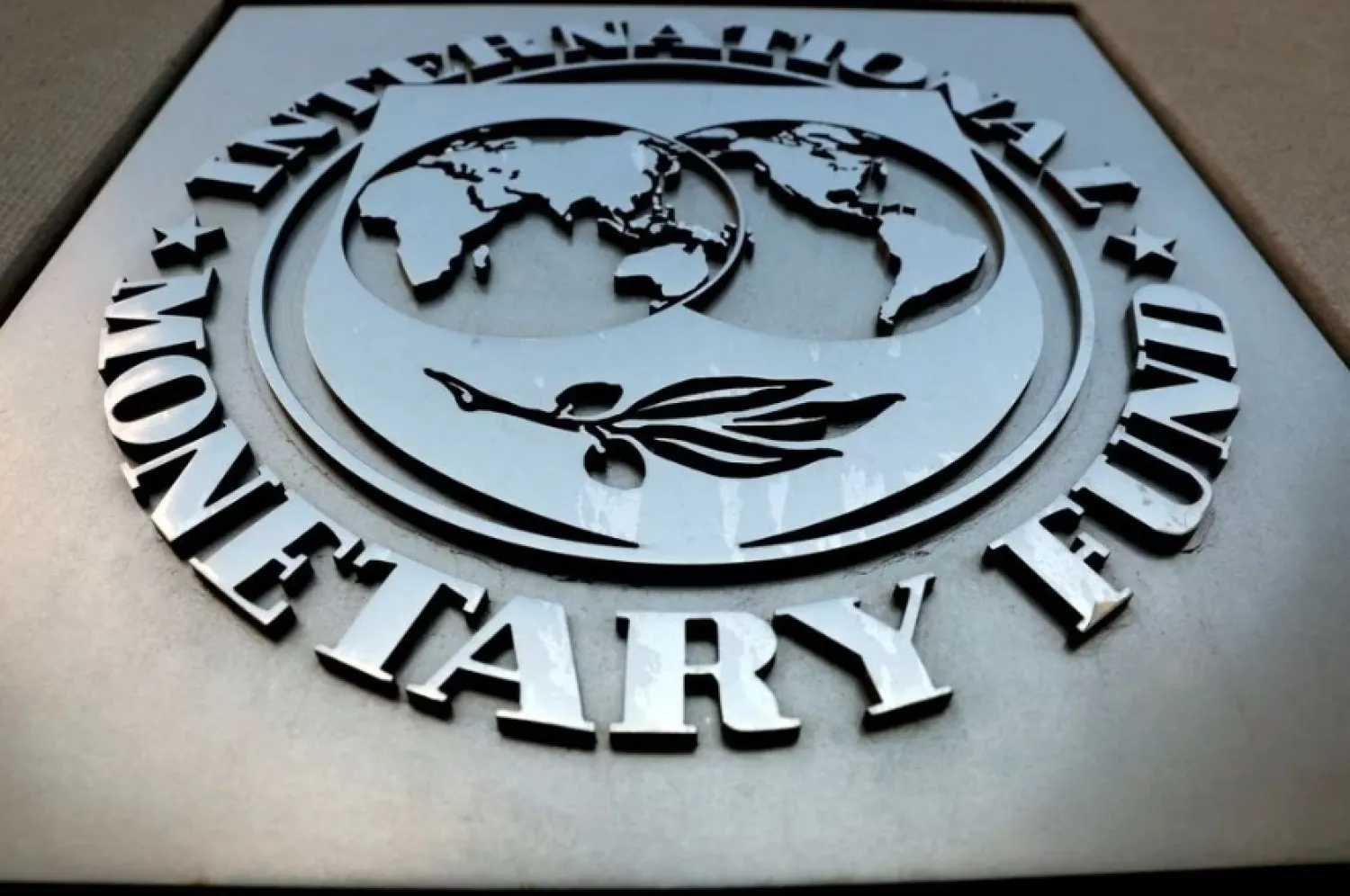The International Monetary Fund said on Friday its executive board approved a four-year $15.6 billion loan program for Ukraine, part of a global $115 billion package to support the country's economy as it battles Russia's 13-month-old invasion.
The decision clears the way for an immediate disbursement of about $2.7 billion to Kyiv, and requires Ukraine to carry out ambitious reforms, especially in the energy sector, the Fund said in a statement.
The Extended Fund Facility (EFF) loan is the first major conventional financing program approved by the IMF for a country involved in a large-scale war, Reuters reported.
Ukraine's previous, $5 billion long-term IMF program was canceled in March 2022 when the fund provided $1.4 billion in emergency financing with few conditions. It provided another $1.3 billion under a "food shock window" program last October.
An IMF official said the new $115 billion package includes the IMF loan, $80 billion in pledges for grants and concessional loans from multilateral institutions and other countries, and $20 billion worth of debt relief commitments.
Ukraine must meet certain conditions over the next two years, including steps to boost tax revenue, maintain exchange rate stability, preserve central bank independence and strengthen anti-corruption efforts.
Deeper reforms will be required in the second phase of the program to enhance stability and early post-war reconstruction, returning to pre-war fiscal and monetary policy frameworks, boosting competitiveness and addressing energy sector vulnerabilities, the IMF said.
A senior US Treasury official said the program was "really solid" and included commitments from Ukrainian authorities to achieve 19 structural benchmarks over the next year alone.
IMF First Deputy Managing Director Gita Gopinath said the program faced "exceptionally high" risks, and its success depended on the size, composition and timing of external financing to help close fiscal and external financing gaps and restore Ukraine's debt sustainability.










